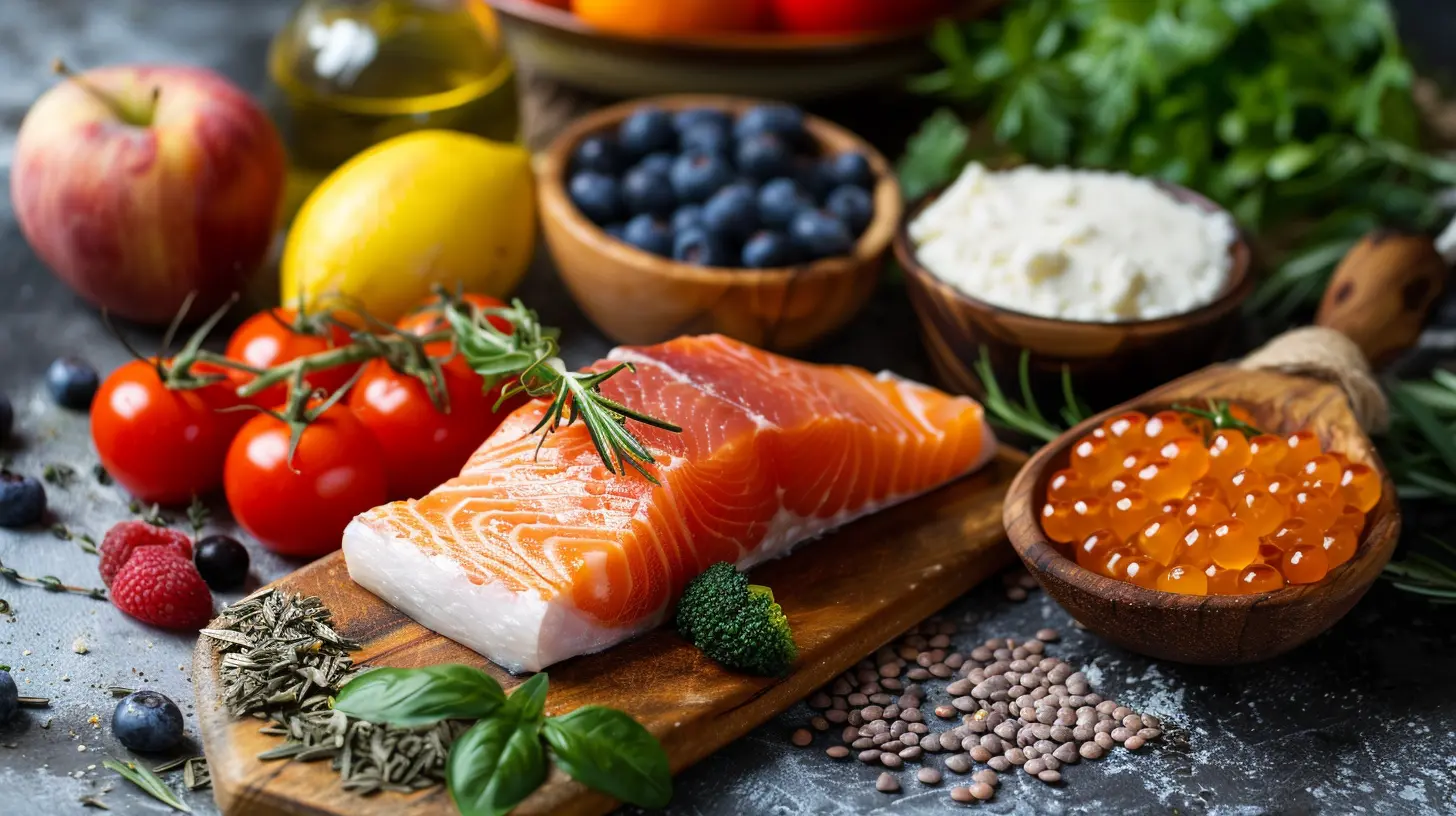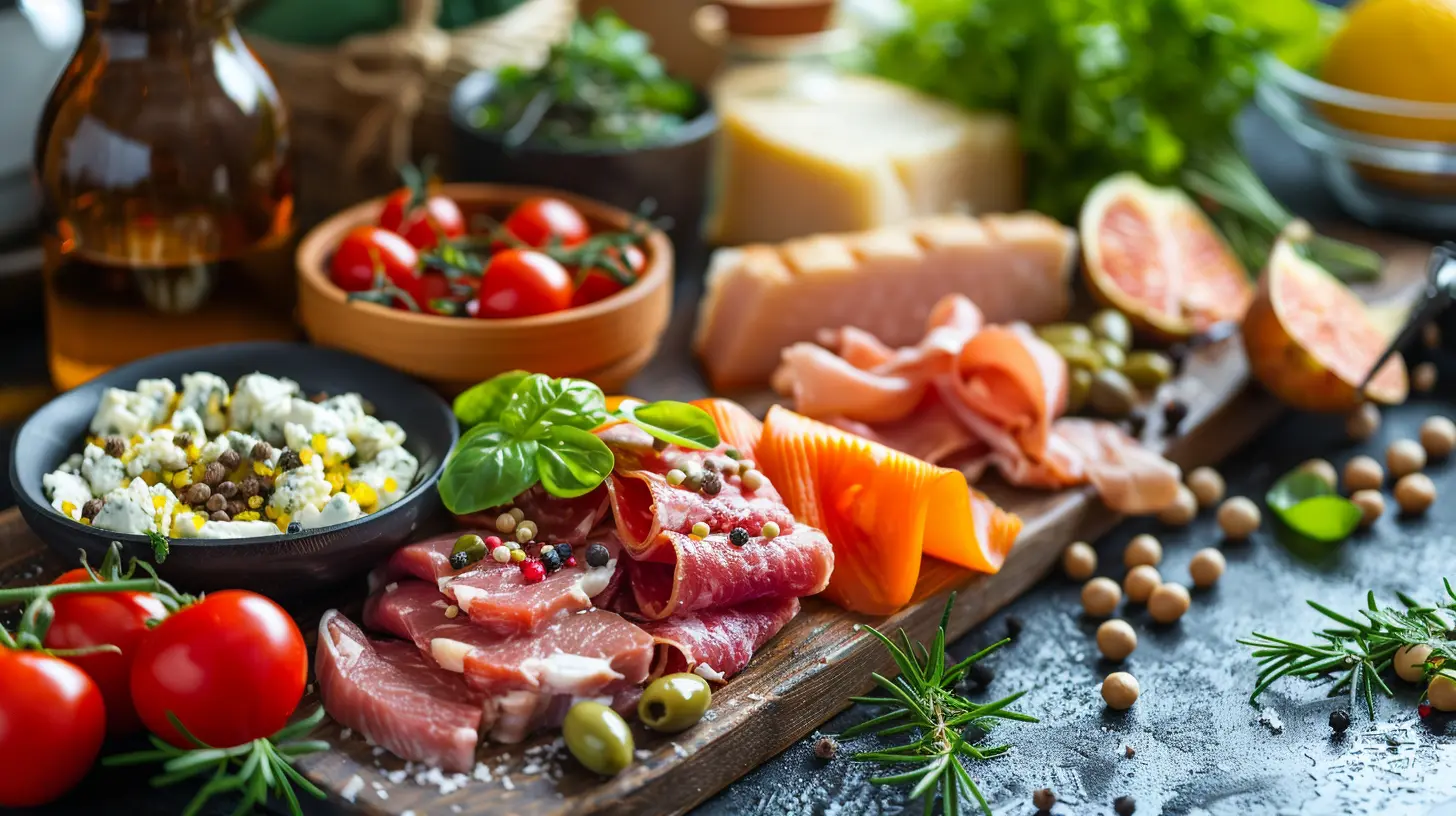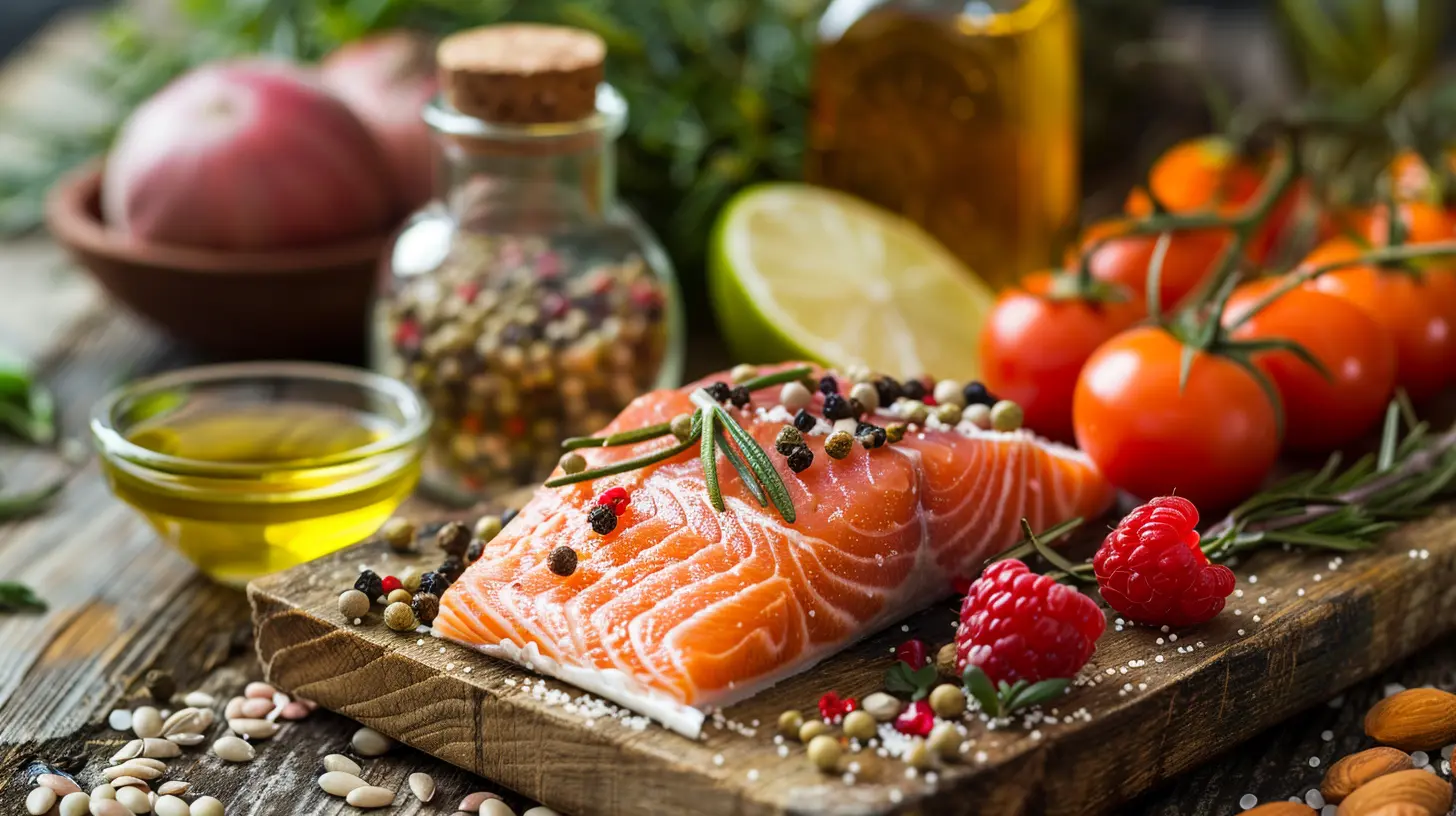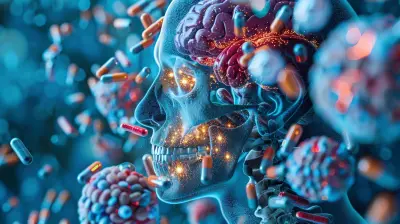Transitioning to a Low Carb Diet: What to Expect
30 May 2025
So, you’ve decided to kiss carbs goodbye (well, most of them) and embrace the low-carb lifestyle? First off, congratulations! You’re about to embark on a journey that can transform your health, energy levels, and even that waistline you’ve been side-eyeing in the mirror.
But let’s be real—jumping into a low-carb diet isn’t all sunshine and six-pack abs. Your body is going to go through some changes, and you need to be prepared for the highs, the lows, and everything in between.
Buckle up, buttercup—here’s exactly what to expect when transitioning to a low-carb diet. 
The First Few Days: Your Body Freaks Out
So, here’s the deal: your body is addicted to carbs. Yep, just like a bad ex, carbs have kept you dependent on them for energy. The moment you start reducing them, your body panics.This stage is often called the "keto flu" (even if you're not going full keto). You might experience:
- Fatigue – Your body is adjusting to burning fat for fuel instead of carbs.
- Headaches – A sign your body is detoxing from sugar.
- Irritability – You might be snappier than usual. (Apologies in advance to your loved ones!)
- Cravings – Your brain will try to convince you that you NEED that donut. Don’t fall for it.
Pro Tip: Stay Hydrated and Increase Electrolytes
Your body loses more sodium and water when you cut carbs, which can make you feel even worse. Drink plenty of water and get extra sodium, potassium, and magnesium from foods like avocados, nuts, and bone broth.
Your Energy Will Dip… Then Skyrocket
At first, you might feel like you’ve been hit by a truck. Everyday tasks may feel exhausting. But don’t worry—this is temporary!Once your body shifts from carb-burning mode to fat-burning mode, your energy will stabilize, and you’ll feel sharper, lighter, and more energized than ever. Many people report having better focus and fewer energy crashes throughout the day. 
Say Goodbye to Sugar Cravings
You know that uncontrollable urge to devour an entire chocolate cake after dinner? Gone. Well, almost.As your body gets used to running on fat instead of sugar, those crazy cravings will start to fade. And when you do get a craving, it’s usually for something nutritious, like nuts, cheese, or dark chocolate (70% or higher, of course).
You’ll be amazed at how much control you suddenly have over your appetite. 
Rapid Water Weight Loss (Hello, Slimmer You!)
One of the biggest perks of transitioning to a low-carb diet? That initial drop in weight.Here’s why: Carbs hold onto water in your body. The moment you cut back, your body dumps excess water weight, and you’ll notice a quick drop on the scale—sometimes 3-7 pounds in the first week!
Now, before you get too excited, this isn’t all fat loss. But it’s a great motivational boost and a sign that your body is adjusting to your new way of eating.
Your Digestion Might Get… Weird
Let’s talk about your gut for a sec. When you shift to low-carb, your digestion can go either way:- Constipation – If you’re not getting enough fiber from low-carb veggies, things might slow down. Drink more water and load up on greens!
- Diarrhea – Your gut bacteria are adjusting to the change. Give it time.
Don’t freak out—your stomach will find its groove again. Just make sure you're eating plenty of non-starchy veggies for fiber and gut health.
Your Sleep Might Change (For Better or Worse)
Some people sleep like a baby on a low-carb diet, while others struggle at first.Here’s what could happen:
- Better Sleep: Once your body is adapted, many people report deeper, more restful sleep.
- Worse Sleep Initially: Your body might be restless as it adjusts—this is temporary! Try some magnesium before bed if you’re having trouble.
Once you’re fully adapted, your sleep should improve, and you’ll wake up feeling more refreshed.
Say Hello to Steady Blood Sugar and Mood
No more blood sugar rollercoaster. No more mid-afternoon crashes. No more hanger-fueled meltdowns.When you remove most processed carbs and stick to whole, nutrient-dense foods, your blood sugar levels stay steady, which means:
- More stable energy throughout the day
- Fewer mood swings
- Less brain fog
Honestly, this alone makes switching to a low-carb diet worth it.
You’ll Start Burning Fat Like a Pro
Once your body realizes that fat is its new best friend, the real magic starts happening. Your body becomes a fat-burning machine, tapping into stored fat for energy instead of constantly begging for glucose.This means:
✔ More fat loss (especially around the belly!)
✔ Less hunger (because fat keeps you full longer)
✔ More mental clarity (your brain LOVES fat)
This is the stage where people really start thriving on a low-carb diet. Your body finally understands what it means to work smarter, not harder.
You’ll Need to Relearn Your Relationship with Food
No more mindless snacking on chips just because they’re there. On a low-carb diet, you’ll become more aware of what you eat.You’ll ask questions like:
- Am I actually hungry, or just bored?
- Is this food nourishing my body?
- How do I feel after eating this?
Your awareness around food will increase, and that’s a powerful thing.
Dining Out & Social Events Might Be Tricky (At First)
Let’s be honest—socializing while low-carb can be a challenge. Your friends want to order pizza, and you’re over here scanning the menu for something that won’t derail your progress.But don’t worry, you’ll figure out the hacks:
- Swap fries for a side salad or veggies.
- Go for protein-packed meals (think steak, chicken, or seafood).
- Say “no thanks” to the bread basket without guilt.
With a little practice, eating out while staying low-carb becomes second nature.
Final Thoughts: Is It Worth It?
Absolutely.Yes, the transition can be a little rough, but once you push through the initial discomfort, the benefits are undeniable.
✅ More energy
✅ Better focus
✅ Fewer cravings
✅ Faster fat loss
✅ Improved mood
And let’s not forget—the confidence boost that comes with feeling (and looking) amazing.
So, if you’re thinking about transitioning to a low-carb diet, just stick with it. The best version of you is just around the corner.
all images in this post were generated using AI tools
Category:
Low Carb DietAuthor:

Arthur McKeever
Discussion
rate this article
3 comments
Corinne Johnson
Embarking on a low-carb journey can be transformative! Embrace the process—your body may take time to adjust, but with patience and commitment, you'll discover new energy and vitality. Celebrate each small victory!
June 10, 2025 at 4:24 PM

Arthur McKeever
Thank you for your encouraging words! Embracing the journey is key, and celebrating small victories can make all the difference. Let's keep supporting each other on this path!
Ellie Walker
Carbs: the ex you miss!
June 7, 2025 at 4:16 PM

Arthur McKeever
Exactly! It can be tough to say goodbye, but the benefits of a low-carb diet are worth it!
Corin Gill
This article piques my interest! I'm curious about the common challenges people face when transitioning to a low carb diet. Are there specific cravings or energy changes that most experience? Also, how long does it typically take for the body to adjust? Looking forward to learning more about this dietary journey!
May 31, 2025 at 2:59 AM

Arthur McKeever
Thank you for your interest! Common challenges include sugar and carb cravings, along with potential fatigue during the initial adjustment period. Most people take about 1 to 2 weeks for their bodies to adapt. I hope you find the article helpful!



